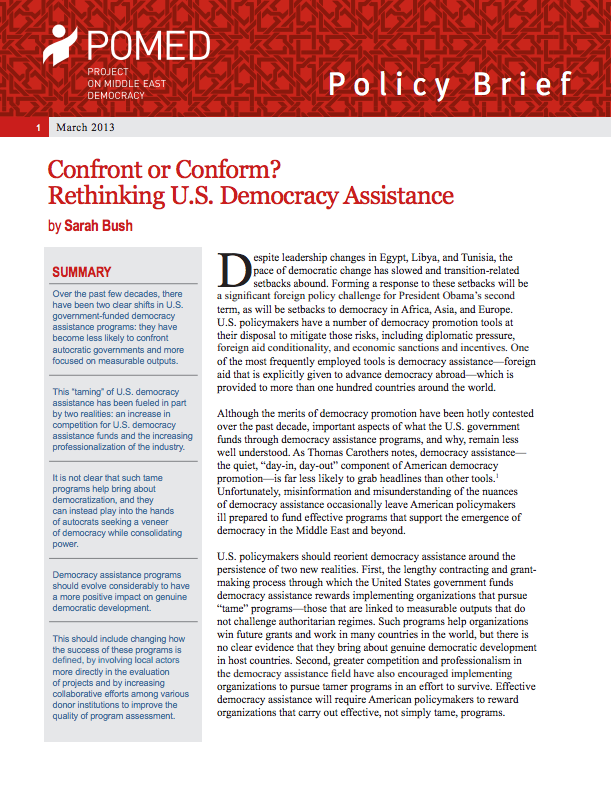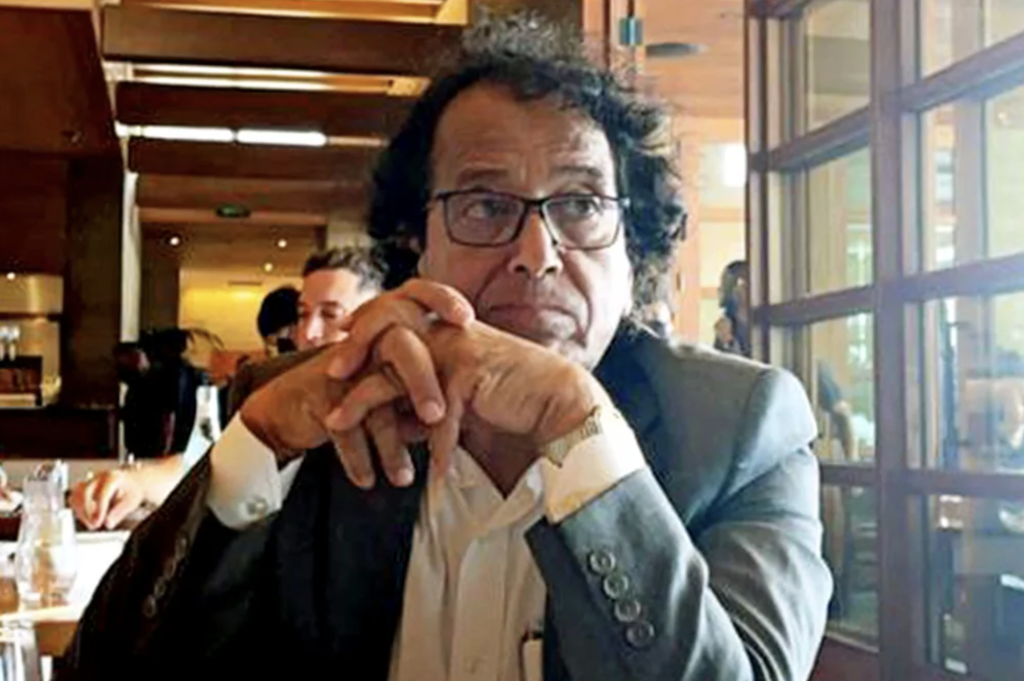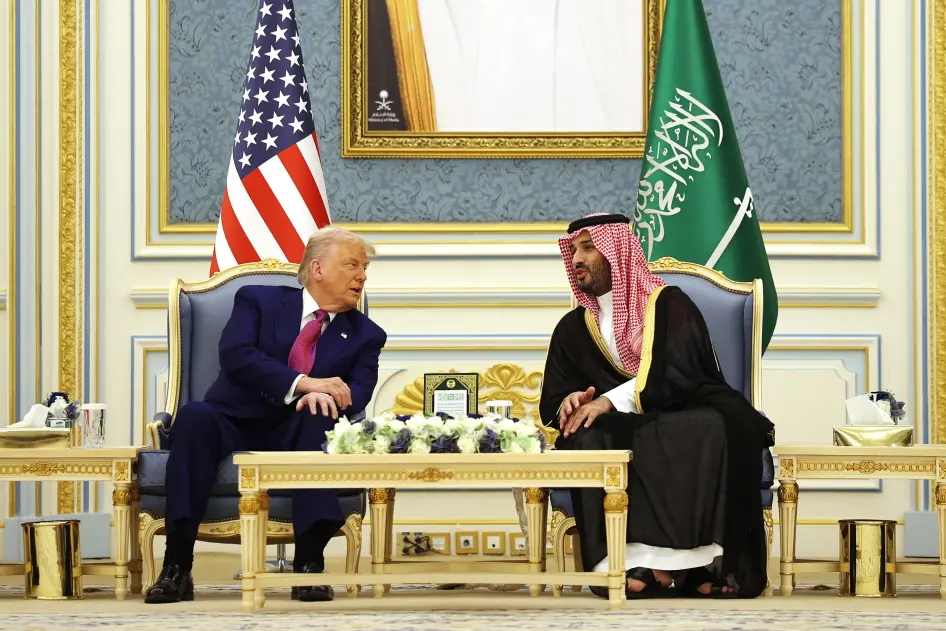For a full text copy of the brief, click here.
Despite leadership changes in Egypt, Libya, and Tunisia, the pace of democratic change has slowed and transition-related setbacks abound. Forming a response to these setbacks will be a significant foreign policy challenge for President Obama’s second term, as will be setbacks to democracy in Africa, Asia, and Europe. U.S. policymakers have a number of democracy promotion tools at their disposal to mitigate those risks, including diplomatic pressure, foreign aid conditionality, and economic sanctions and incentives. One of the most frequently employed tools is democracy assistance—foreign aid that is explicitly given to advance democracy abroad—which is provided to more than one hundred countries around the world.
Although the merits of democracy promotion have been hotly contested over the past decade, important aspects of what the U.S. government funds through democracy assistance programs, and why, remain less well understood. As Thomas Carothers notes, democracy assistance—the quiet, “day-in, day-out” component of American democracy promotion—is far less likely to grab headlines than other tools. Unfortunately, misinformation and misunderstanding of the nuances of democracy assistance occasionally leave American policymakers ill prepared to fund effective programs that support the emergence of democracy in the Middle East and beyond.
POLICY RECOMMENDATIONS
- Fund organizations that are easier to monitor. The harder it is for aid donors to monitor the organizations they fund, the more likely those organizations are to shift democracy assistance programs away from their desired outcomes of democratization.
- Use the private foundation model when possible. Quasi-private democracy donors such as the National Endowment for Democracy generally promote democracy in less tame ways than government agencies.
- Improve feedback loops between people on the ground in target countries and donor officials.
- Encourage the right kind of competition and discourage the wrong kind of competition. The right kind of competition for funding rewards organizations that effectively promote democracy. The wrong kind of competition encourages NGOs to prioritize funding and access over effective democracy promotion.
- Conduct formal, institutionalized comparisons of programs with donors that fund similar programs.
- Use professional networks and institutions to foster positive norms about democracy assistance. Professionalization involves the development of technical expertise, which is good for democracy assistance, but it can also overemphasize technique and metrics and weaken organizations’ commitments to their missions.




